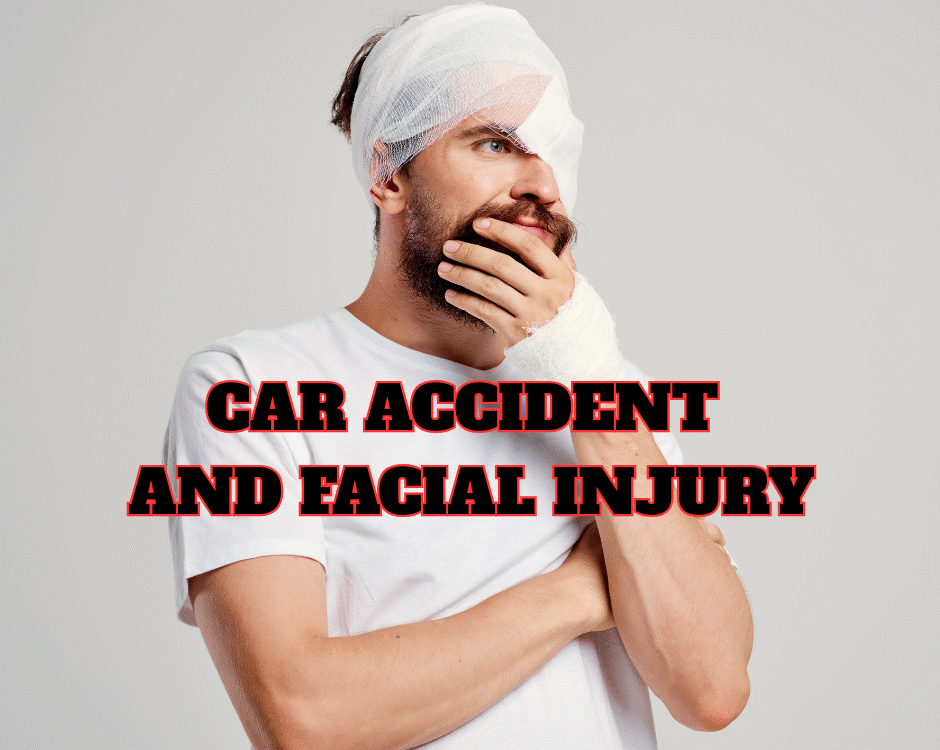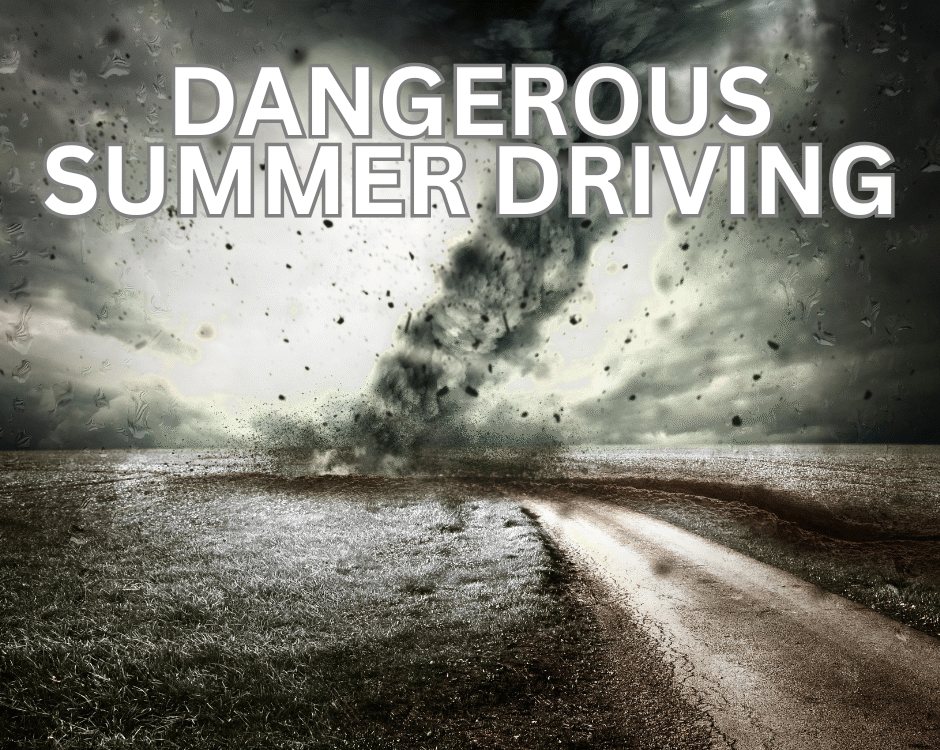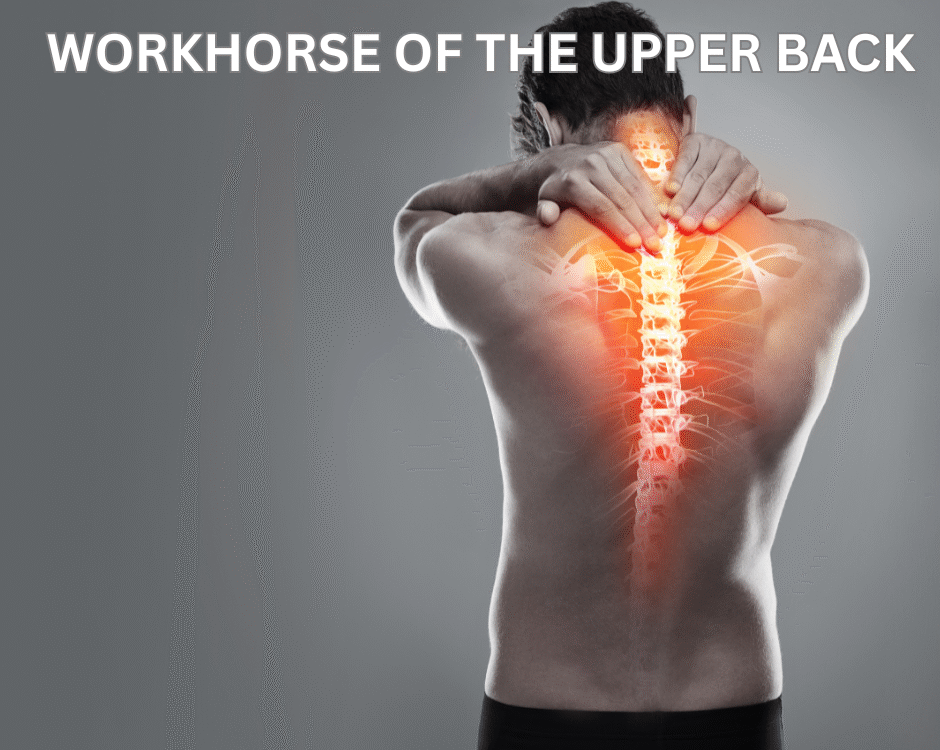High-Speed Police Chases and Car Accident Deaths in the U.S.

Which Doctors Accept No-Fault Car Insurance?
September 28, 2018
How to Find a Doctor After a Car Accident
October 31, 2018You have probably watched dozens of Hollywood movies where cops chase bad guys in a high-speed pursuit, swerving their vehicles slickly to avoid hitting pedestrians and other people. Unfortunately, this does not happen in real life. The truth is, that a few hundred people are killed or seriously injured each year in the United States as a result of police car chases. The shocking part is that many of the deaths caused by these chases are innocent bystanders – people who are not pursued by police.
Facts about Police Car Chase Deaths
A 2007 study that was published in the Prehospital Emergency Care journal revealed that crashes caused by police pursuits take about 323 lives annually – this is more than the number of deaths caused by lightning, floods, hurricanes and tornadoes, combined. The source of these numbers is the fatal accident database of the National Highway Traffic Safety Administration (NHTSA). This means that only fatalities directly related to car crashes involved in these chases, are counted.
As mentioned earlier, innocent bystanders are often the victims of police chase deaths. In fact, they account for 27% of these deaths each year, i.e. 87 deaths. If you think that number is high, you should Google some of the recent headlines, which include:
- Police in Chicago Sued for Killing Baby in High-Speed Chase
- Car Fleeing Police in Detroit Jumps Curb and Kills Two children
- Car in High-Speed Police Chase Kills Boy on Scooter Near San Leandro
Headlines like these underscore, a seemingly obvious key fact: high-speed police pursuits are extremely dangerous not only to those who are involved in them, but also to people who cross their path. The hazard to residents of a city or town is high because a lot of these chases occur in densely-populated streets in urban areas.
Are Police Chases Worth the Danger and Risk to Innocent People?
Given the high risk of an auto accident injury or even death, many people assume that police chase only the most violent criminals. So you might think that the dangers of a high-speed police pursuit outweigh the risk that criminals pose, right? Well, unfortunately, you would be wrong.
According to an International Association of Chiefs of Police (IACP) and the National Institute of Justice report, 91% of high-speed chases occur as a response to a non-violent crime. Nearly 8,000 high-speed police pursuits in the database of the IACP were analyzed. It was found that the majority of chases were not initiated in response to a crime involving violent offenders or acts. 42% of these pursuits involved minor traffic infractions while 18% involved stolen vehicles and 15% involved drivers suspected of drunk driving.
So, you can start to see the problem here – is it worth the risk of losing lives, going on a high-speed car chase to catch someone who is not a violent criminal? Does it really make sense to engage a suspected drunk driver in a high-speed chase? or a driver who has consumed cannabis? These questions are making some localities revisit their policies on high-speed pursuits as they can cause . A non-profit has even been dedicated to this issue. There are also a few companies that are working on devising technical solutions to address this serious issue as well.
Liability for Injury, Death or Property Damage Caused By a High-Speed Police Chase
Are you wondering who is liable if a high-speed police pursuit causes injury, death or property damage? Well, it depends on the laws of the county, city or town where the chase occurred. Sovereign immunity is the American common law rule. This means that government institutions and officials cannot be held liable for any damages that occur during the course of their official duties, regardless of how negligent their actions were. However, there have been laws written in most municipalities superseding this sovereign immunity.
These laws give individuals immunity from liability, but institutions can still be sued by claimants. This means that if a police car injures someone from your family during a high-speed pursuit, you cannot file a lawsuit against the officer who was driving the car at the time. However, you can file one against the police department and its municipality. As mentioned already, liability will vary from state to state, or city to city. California is known for a law that gives almost complete immunity to police departments in situations involving car pursuits.
There are very few laws specifically controlling police pursuits. Instead, pursuit restrictions are dictated by police department policies. Police officers have the legal right to pursue. The officers probably will not have broken any laws, even if they did not follow their department’s policy. However, they might have to deal with consequences from within the police force.
A common myth about police car pursuits is that it is illegal for a police officer to disobey traffic signs and drive over the speed limit unless they have turned on their sirens and lights. The truth is, police officers can legally go on a high-speed chase without their lights and sirens on. However, this precedent may be contradicted by department policies.
Modifying Police Pursuit Policies
More deaths in the U.S. are caused by high-speed chases than by police firearms and as mentioned earlier, a combination of natural disasters. Yet, it is likely that these wrongful deaths caused by car crashes resulting from police pursuits will continue year after year. This is why it is extremely important to convince police departments to make changes to their pursuit policies so that offenders are chased only when the following occurs:
- It is completely safe to follow and go on a high-speed pursuit of a suspect.
- Fleeing drivers are pursued in high-speed chases only if they are involved in forcible felonies.
With modifications to policies regarding high-speed pursuits, police departments across the U.S. can help prevent car accidents and injuries that not only save their officers lives, but also the lives of innocent people who have nothing to do with the chase. The goal of every department should be to protect the overall safety of the general public and prevent the occurrence of needless automobile accidents.
Besides police cruisers, there are certain types of civilian cars that are more likely to be in an accident.
Get Quality Care for Car Accident Injuries
Have you been injured in a car accident? Visit Chambers Medical Group or call us at 1-888-6BackMan to get the best treatment and care for your injuries.
- Car Accident Chiropractor in Tampa Florida
- Car Accident Chiropractor in Plant City Florida
- Car Accident Chiropractor in Brandon Florida
- Car Accident Chiropractor in Lakeland Florida
- Car Accident Chiropractor in Sarasota Florida
- Car Accident Chiropractor in Louisville Kentucky
- Car Accident Chiropractor in Lexington Kentucky
- Car Accident Chiropractor on Florence Kentucky




